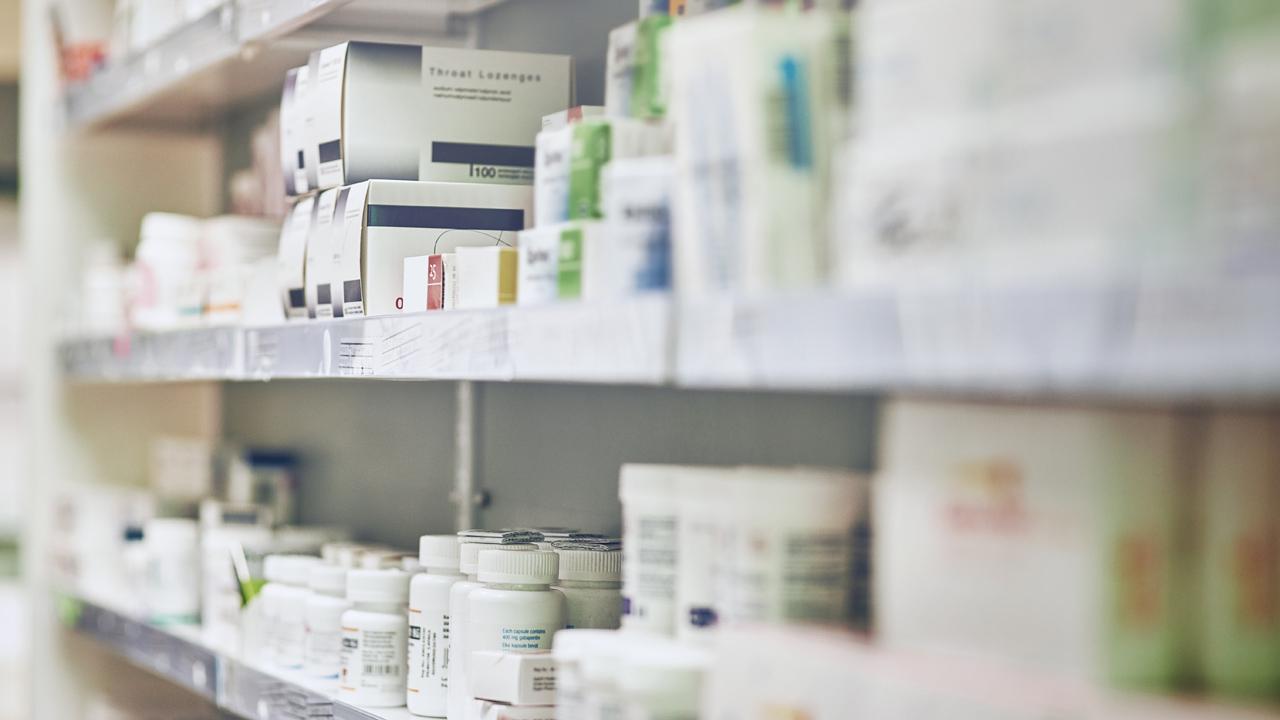Big pharma accused of price gouging life-saving drugs
Last January, shortly before his presidency began, Donald Trump promised to end big pharmaceutical companies’ stranglehold on drug prices and the healthcare industry; but more than a year later, drug companies continue to face almost no competition while steadily raising their prices.
Amgen (NASDAQ: AMGN) raised the price of its rheumatoid arthritis drug Enbrel by 9.7%; Biogen (NASDAQ: BIIB) tacked on another 8% to its multiple sclerosis drugs -- among them the popular Avonex -- and perhaps the most stunning: NextSource, which raised the price of its 40-year-old life-extending cancer drug Lomustine by 1,400%.
One of the main reasons that pharmaceutical companies can manage to hike prices so much is because of a lack of competition, Chip Davis, CEO of the Association for Accessible Medicines told FOX Business’ Liz Claman. Currently, 319 drugs on the market have no cheaper competitors in the form of generics.
“The reality is, ultimately, policymakers are going to have to decide whether there’s things they can do to enhance the market,” Davis said. “Or, simply, they’re going to revert to the heavy-hand of government, which is something we don’t support.”
Government officials have faced accusations of aiding the pharmaceutical industry by accepting donations to campaigns. During the 2016 election cycle, 97 senators and 399 members of the House received contributions from the pharmaceutical and health products sector.
But in mid-October, the U.S. Food and Drug Administration, under the tutelage of Trump-appointed Commissioner Scott Gottlieb, announced a series of measures designed to accelerate the availability of generic versions of drugs such as Mylan’s (NASDAQ: MYL) EpiPen in hopes of deterring the rising cost of pharmaceuticals. Mylan garnered national attention in 2016 when it came to light that two EpiPens -- the life-saving medication used to combat severe allergy attacks -- had increased from $57 in 2007 to more than $700 in 2016. EpiPens cost less than $2 to produce.
Gottlieb believes in utilizing a market-based solution to combat expensive drug prices, Davis said. That means he’ll likely try to prioritize the availability of generics -- which already account for 89% of prescriptions written in the country -- by approving applications for medicines where there are no generics.
“We are currently experiencing unprecedented levels of deflation in the generic sector,” he said. “Otherwise, the increases in prices among the branded industry would be having a far greater impact.”




















